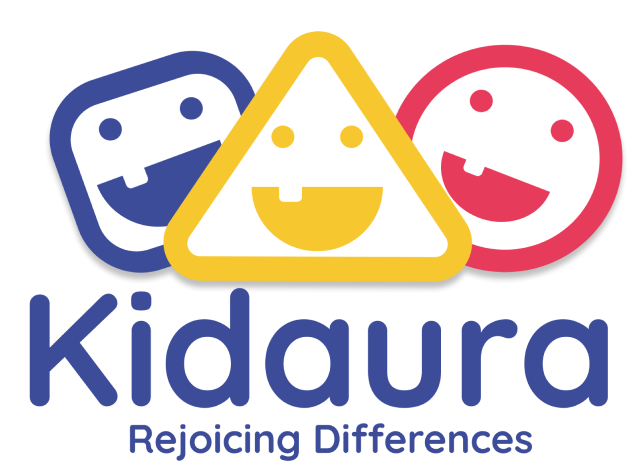A quick guide to developmental milestones in young children
Published by Mahima
3 years ago
Developmental Milestones
Developmental milestones are defined as the abilities that most children are able to perform by a certain age. As the infant grows, they gain certain abilities. In a year's time, the infant achieves many physical milestones such as how to hold objects, and develop hand-to-mouth coordination. By the second year, they have learned to walk, jump, climb stairs. Similar to physical milestones, they attain cognitive milestones for example in the first year, the child can slowly be able to see things clearly, differentiate between different tastes, begin to recognize familiar faces, respond to the facial expressions of other people, etc. These are called developmental milestones. But there are times when some children gain these abilities, later than most children.
When the child has not gained the development milestones that are expected for his/her age, it is called developmental delays. These delays can occur in various domains such as motor development, cognition, play, social skills, language. Most often, the delay occurs in more than one domain, leading to difficulties for the child.
- A child whose motor development is delayed has difficulties coordinating large and small muscles. (hand, legs, fingers)
- A child whose cognitive development is delayed has difficulty in intellectual functioning. This may manifest in learning disabilities such as dyslexia, dysgraphia, dyscalculia
- A child whose language development is delayed has difficulty understanding language or communicating verbally
- A child whose social development is delayed has difficulty expressing their emotions and communicating with others. He/She can get agitated in particular social situations and it is difficult for him/her to calm down.
SIGNS OF DEVELOPMENTAL DELAY:
If your child shows the following behavior, you should contact your pediatrician:
2 years:
- Is not using 2-word phrases, for example, play ball, want juice.
- Doesn’t know what to do with common things, like a brush, phone, fork, spoon
- Is not able to copy actions and words
- Does not follow simple instructions
- Doesn’t walk steadily
- Loses skills he/she once had
3 years:
-
Falls down a lot or has trouble with stairs
-
Drools or has a very unclear speech
-
Can’t work simple toys (such as pegboards, simple puzzles, turning handle)
-
Doesn’t speak in sentences
-
Doesn’t understand simple instructions
-
Doesn’t play pretend or make-believe
-
Doesn’t want to play with other children or with toys
-
Doesn’t make eye contact
-
Loses skills he/she once had
4 years:
- Can’t jump in place
- Has trouble scribbling
- Shows no interest in interactive games or make-believe play
- Ignores other children or doesn’t respond to people outside the family
- Resists dressing, sleeping, and using the toilet
- Cannot retell a favorite story
- Doesn’t follow 3-part commands
- Doesn’t understand the meaning of “same” and “different”
- Doesn’t use “me” and “you” correctly
- Speaks unclearly
- Loses skills he/she once had
5 years:
-
Doesn’t show a wide range of emotions
-
Shows extreme behavior (unusually fearful, aggressive, shy, or sad)
-
Unusually withdrawn and not active
-
Is easily distracted, has trouble focusing on one activity for more than 5 minutes
-
Doesn’t respond to people, or responds only superficially
-
Can’t tell what’s real and what’s make-believe
-
Doesn’t play a variety of games and activities
-
Can’t give first and last name
-
Doesn’t use plurals or past tense properly
-
Doesn’t talk about daily activities or experiences
-
Doesn’t draw pictures
-
Can’t brush teeth, wash and dry hands, or get undressed without help
-
Loses skills he/she once had
Share via

© 2019-2024 Kidaura, All Rights Reserved




